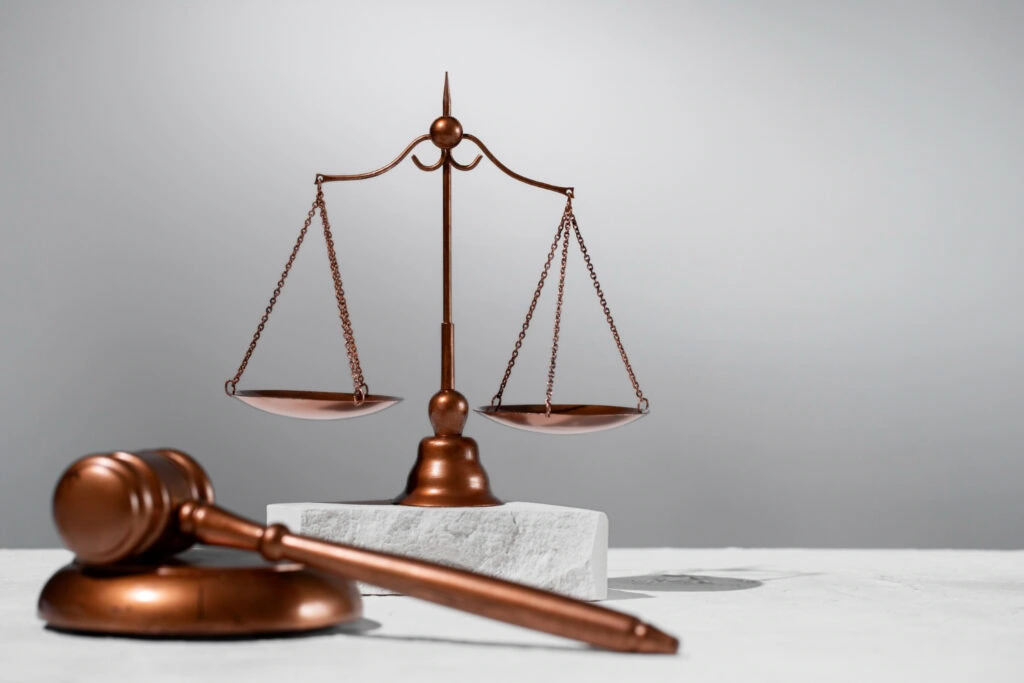There are three categories of crimes: infractions, misdemeanors, and felonies. Each category prescribes a different penalty, which is dependent on the seriousness of the crime.
This article reviews the differences between infraction vs misdemeanor vs felony as well as provide additional information about infractions.
What is an infraction?
An infraction is a minor offense that results in a fine but not jail time if the fine is paid. Infractions include traffic violations and minor offenses. Since the crime is not considered to be serious, the law does not punish the individual too harshly.
After an individual receives a citation from a law enforcement officer, the individual is required to pay the fine. The individual does not attend a court hearing or need the services of an attorney. Instead, the individual can get the infraction dismissed by paying the citation. The fine can be paid online or in person at the courthouse.
Examples of traffic violations include running a red light, violating a cell phone law, and speeding.
Examples of minor offenses include fishing without a license, walking a dog off a leash, and minor property damage.
Difference between infraction vs misdemeanor vs felony:
The main difference between these three crime categories is the seriousness of the crimes. Misdemeanor crimes are more serious (https://www.courts.ca.gov/documents/CIP_AboutCriminalCases.pdf) than infractions, but less serious than a felony.
A misdemeanor is a crime with a punishment that includes a fine (usually up to $1,000.00) and/or a jail sentence of up to a year. A judge can also sentence a person to probation.
A person who commits a misdemeanor crime is arrested, taken to jail, attends a hearing and then subsequently goes to trial if the individual does not plead guilty. The trial includes a judge and a jury. For misdemeanor cases, it is best to hire an attorney to represent you during the trial. If the individual is found guilty, an appeal can be made to the Appellate Division of the Superior Court.
Examples of misdemeanor crimes include indecent exposure, DUI, and shoplifting.
A felony is a crime with a punishment that includes a prison sentence (the amount of time spent in prison is determined by the law and/or the judge) and/or a large fine. A felony is the most serious type of crime. Certain crimes can receive the death penalty. Similarly to a misdemeanor, a person who commits a felony will be arrested and be tried in court. For felony cases, it is best to hire an attorney to represent you during the trial. If the individual is found guilty, an appeal can be made to the Court of Appeal of the State of California.
Examples of felony crimes include murder, rape, and robbery.
Do infractions go on your record?
Yes, infractions do go on your record. While they are considered minor offenses, they still count. It is important to note that failure to pay the citation will be noted on your record. Depending on the driving offense, you can receive points on your driver’s license.
Multiple infractions can also lead to some unintended consequences. Employers may find that a potential employee’s multiple infractions show that they are reckless and risky. This can impede a person’s ability to get certain types of jobs.
To remove an infraction from your record, you will need to file to expunge your record. To learn more about expungement, you can read our article “Expungement in California – How to Clear Criminal Records”.
If you’ve been charged with an infraction, misdemeanor, or felony in California, reach out to David L. Faulkner. With extensive experience as a criminal defense attorney, he offers the legal guidance you need to navigate the reinstatement process and safeguard your rights every step of the way.









